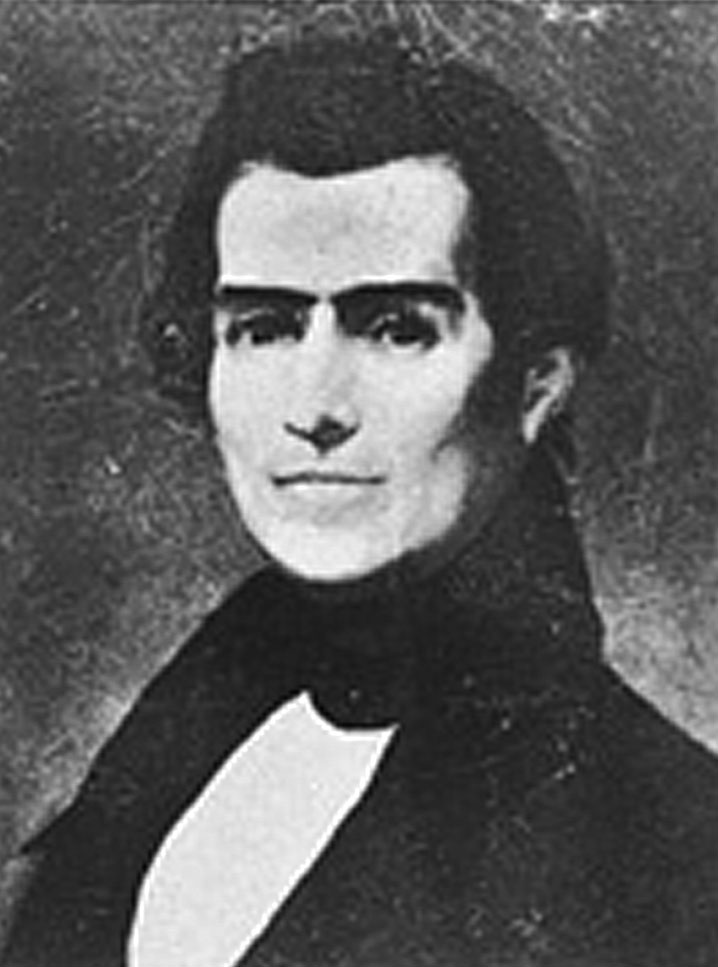Mining and Minerals Education Foundation |

William Smith Otis
(1813-1839)
2012 Inductee from Mining's Past
American inventor of the steam shovel. Born in Pelham Massachusetts in 1813 and cousin of the famed Elisha Otis of elevator fame, William Smith Otis was drawn at an early age to earthworks and mechanics. At the age of 22, he created the first steam-powered mechanical excavator even though throughout the early part of the 19th century there was little demand for power excavators. Cheap pick-and-shovel labor was adequate for most excavating where horse drawn scrapers could not be used.
In 1835, 23-year old Otis became a partner in the Philadelphia contracting firm of Carmichael & Fairbanks, which engaged in the new and promising field of railroad construction. Here, he developed a new type of excavating machine- the power shovel, better known as the steam shovel, reflecting its power source; this apparatus was designed to perform the same actions as a person with a shovel.
Otis later worked with Joseph Harrison to construct a prototype and pre-production model in 1836. He received a patent in 1836, but the engineering specifications were lost during a fire. Patent # 1089 was issued on February 24, 1839 for the "Crane-Excavator for Excavating and Removing Earth". The drawing shows a crane mounted on a railroad car. A load of earth could be lifted by the bucket, raised by the crane, and dumped into railcars using a system of pulleys to move the crane arm and bucket. His machine was the first to employ the principal of a single-bucket excavator swung from the center and provided with a power thrust for adjusting the radial thickness of the cut. The first steam shovel could move 380 cu meters of earth a day, with a 1.1-cu meter capacity shovel and a 180 degree slewing wooden jib.
After receiving the patent for his innovative shovel in 1839, Otis died a few months later of typhoid fever at age 26. Carmichael & Fairbanks, the firm in which Otis was a partner, continued to develop the machine and use it in their work. Daniel Carmichael, Otis' uncle by marriage, obtained a seven year-extension on the patent in the name of Otis' widow prior to its expiration.
The steam shovel did not win early widespread acceptance because it competed with cheap immigrant labor. By the 1870s, however, the steam shovel became a major force behind America's westward expansion and mining operations.
